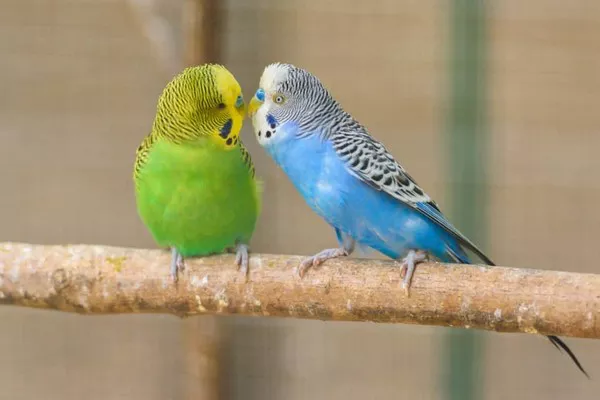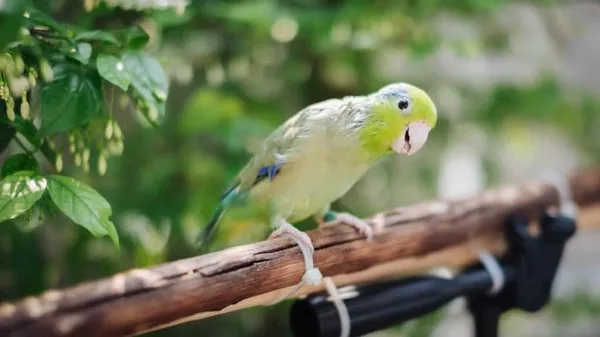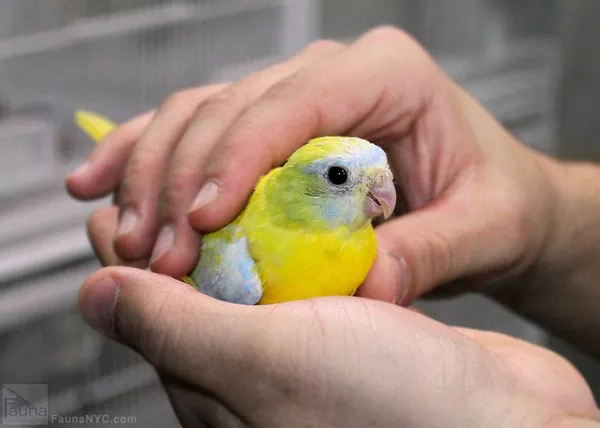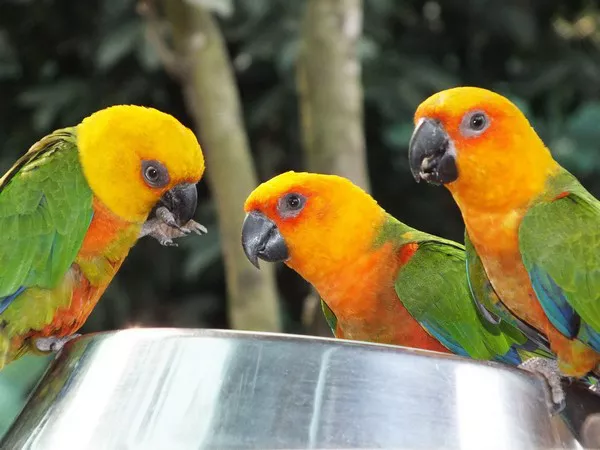African Gray Parrots, renowned for their exceptional intelligence, striking plumage, and engaging personalities, are beloved companions in the world of aviculture. One common question that potential parrot owners often ask is, “How long do African Gray Parrots live?” In this comprehensive guide, we will explore the factors that influence the lifespan of these magnificent birds, provide insights into their care requirements, and offer tips for ensuring a long and healthy life for your African Gray Parrot.
Understanding African Gray Parrots
Before we delve into the specifics of their lifespan, let’s take a moment to understand African Gray Parrots.
Species Classification:
African Gray Parrots belong to the Psittacus erithacus species. There are two primary subspecies: the Congo African Gray (Psittacus erithacus erithacus) and the Timneh African Gray (Psittacus erithacus timneh).
Physical Characteristics:
These parrots are characterized by their predominantly gray plumage, with vibrant red tail feathers and a white mask around the eyes. They have strong, hooked beaks designed for cracking nuts and powerful claws for gripping.
Intelligence and Vocal Mimicry:
African Gray Parrots are renowned for their remarkable cognitive abilities, problem-solving skills, and exceptional vocal mimicry, which enables them to mimic human speech and a wide range of sounds.
Factors Influencing Lifespan
The average lifespan of an African Gray Parrot varies based on several key factors:
Species and Subspecies:
The two subspecies, Congo and Timneh African Grays, have different average lifespans. Congo African Grays generally live longer, with some reaching up to 60-80 years, while Timneh African Grays typically have a slightly shorter lifespan, averaging around 40-50 years.
Diet and Nutrition:
Proper nutrition is crucial for the health and longevity of African Gray Parrots. A balanced diet consisting of high-quality pellets, fresh fruits, vegetables, and occasional nuts is essential. Avoid feeding them toxic foods like chocolate and avocado.
Healthcare and Veterinary Attention:
Regular check-ups with an avian veterinarian are vital for detecting and addressing health issues early. Proper vaccinations, parasite control, and a clean living environment contribute to a longer life.
Social Interaction and Mental Stimulation:
African Grays are highly social and intelligent birds. They thrive on social interaction and mental stimulation. Loneliness and boredom can lead to stress and shorter lifespans. Spend quality time with your parrot, engage in interactive play, and provide toys and puzzles for mental exercise.
Environmental Enrichment:
Creating a stimulating and safe environment is essential. Ensure that your parrot has a spacious cage with plenty of toys, perches, and opportunities for physical activity.
Avoiding Toxins:
African Grays are sensitive to environmental toxins. Keep them away from smoke, fumes, and household chemicals. Choose bird-safe cleaning products and provide fresh, clean water.
Genetics and Individual Factors:
Genetics also play a role in determining lifespan. Some parrots may have inherited health issues that can affect their longevity. Additionally, each parrot is unique, and individual factors can influence how long they live.
Tips for Ensuring a Long and Healthy Life
Regular Veterinary Check-ups:
Schedule annual check-ups with an avian veterinarian to monitor your parrot’s health and catch any potential issues early.
Balanced Diet:
Provide a nutritionally balanced diet tailored to the specific needs of African Gray Parrots. Consult with your vet for dietary recommendations.
Social Interaction:
Dedicate time daily to interact with your parrot. These social birds thrive on companionship and mental stimulation.
Exercise and Play:
Encourage physical activity and mental stimulation through toys, puzzles, and activities that mimic their natural behaviors.
Safe Environment:
Ensure that your parrot’s living space is free from hazards and toxins. Use bird-safe materials and keep harmful substances out of their reach.
Emotional Well-being:
Pay attention to your parrot’s emotional well-being. They can become stressed or anxious, so provide a stable and loving environment.
Conclusion
African Gray Parrots are remarkable companions known for their longevity when cared for properly. While genetics play a role in determining their lifespan, responsible ownership, a balanced diet, regular veterinary care, social interaction, mental stimulation, and a safe environment are crucial factors in ensuring a long and healthy life for these magnificent birds. With the right care and attention, African Gray Parrots can become cherished members of your family for decades to come, enriching your life with their intelligence, beauty, and engaging personalities.
Recommended reading:
























